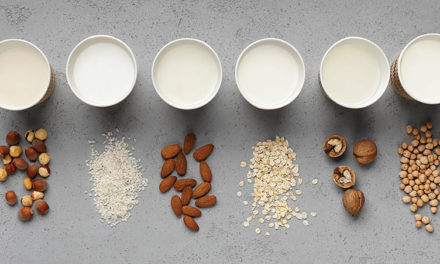Losing weight is a common trend that only seems to worsen with time. According to professor Jennifer Kuk of health science at York University in Toronto, “We’re finding that weight management is much more complex than just energy in versus energy out.” Factors of increased chemicals and hormones in our foods and beauty products, along with a growing amount of daily stress attribute to this problem. Some say just working out more frequently, eating smaller portions and controlling the time of certain meals is all that is needed to shed those extra pounds. But what if that just isn’t working? Scientifically speaking most know little about the true science of controlling human body mass.
A new diet has emerged in such as a struggle and some have found their solution in achieving optimal ketosis. Ketosis is a condition characterized by raised levels of ketone in the body associated with abnormal fat metabolism. When the body does not have enough carbohydrates from food for your cells to burn for energy, it burns fat instead, thus creating ketones. The ketogenic diet is a high-fat, moderate-protein; low-carbohydrate diet that forces the body to burn fats rather than carbohydrates.
On average a healthy diet consumes about 2,000 calories a day, which includes about 225 to 325 grams of carbohydrates. Someone starting a keto-diet typically cuts the amount of carbohydrates to between 20-30 grams daily with most of the carbs coming from vegetables, nuts and dairy. Typically the weekly diet breaks down to about 70 percent fats, 25 perfect protein and 5 percent carbohydrates.
Like any type of diet plan one must be cautious. Staying extremely hydrated and maintaining a healthy amount of nutrition throughout the day is important. It is perfectly normal to feel symptoms such as headaches, flu-like feelings, dizziness and aggravation within the first few weeks as your body recalibrates itself to burn fat instead of carbs for energy. Do not fret, your body is avidly reteaching itself to find the alternate root for vitality.
The common misconception is that this diet is used to starve a person from carbohydrates altogether. On the contrary, it is used to assist in curbing one’s appetite and kick starting the body into a useful cycle of regulating the amount of fat storage. The ketogenic diet plan has also been known to assist in not only weight loss but the lowering of cholesterol and providing of sustainably sourced energy. Similar processes have been found in the well known Atkins and Paleo diets.
Losing steam on your New Year’s diet? Maybe the ketosis diet is the new start you need in 2016. As always consult your doctor before starting a new diet regime.







